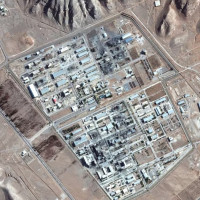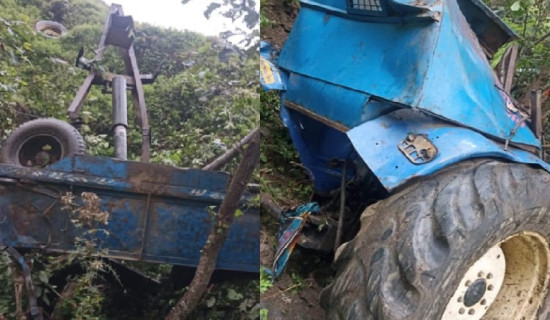- Wednesday, 25 June 2025
Hygiene of Outdoor Food
Consumption of street food during the monsoon season poses health risks. The season comes with floods, creating unhygienic conditions in the city, largely impacting the areas where cheap street food vendors operate. Unsafe water and poor hygiene give rise to waterborne illnesses as a result of contaminated food. Many of its population rely on such inexpensive street food as an alternate or additional source of food to quench their hunger. The risky nature of the food, coupled with the unhygienic environment aggravated by the monsoon season, generates a public health problem.
Street food is a common scene in Kathmandu streets. It provides a living for thousands and attracts thousands of consumers. But its popularity has outgrown necessary safety and regulatory procedures. Street vendors, having no access to clean water or sanitary facilities, are unintentionally serving food, which can have serious health repercussions. During the monsoon, water is contaminated. Unhygienic surroundings, reuse of cooking oil, absence of waste disposal, and uncovered food promote bacterial growth, parasites, and chemical residue contamination.
While health professionals sound an alarm at dangers, the implementation of food safety regulations has been in the doldrums. Random checks are conducted by the regulatory authorities, but analysing a few thousand samples in a year for a city of millions of people hardly scratches the surface. It is a systemic issue. Traders conduct business under unhygienic conditions due to poor infrastructure and a lack of strict municipal regulation. Although blocking street vending seems like an easy solution to public health on the surface, it merely covers up the problem rather than fixing it.
When the authorities force traders into hiding, the problem is not as simple to monitor, control, or fix. Informal settlements remain in alleys and market stalls—out of sight, though not out of reach, of pollution. It is now time for the authorities to shift from punishment to prevention strategies. Instead of punishing street vendors through mere bans and police raids, municipal governments must invest in the establishment of legitimate, sanitary spaces for street vending with basic rules on clean water, drainage, and garbage bins. Training programmes and licensing systems should be implemented in order to enhance food safety without compromising livelihoods.
Public awareness is equally important. Customers must be careful, requesting cleanliness, monitoring one's personal hygiene routine, and reporting the dirtiness in stalls. Citizens need to realise that cheap and tasty food has a final health price. A city's success depends on visiting its food stalls while maintaining the standards of quality, safety, and business ethics. Food stalls bring people who live in the city and visitors into the city and play a vital role in the city's culture and economy. A balanced policy of promoting vendor development with imposed standards is necessary for a healthy outdoor eating environment.
This requires collaboration between municipal governments, regulatory bodies, and vendors to ensure a high standard of quality dining experience at all times. Incentives and accountability are necessary for a sustainable and enduring food environment. Tighter regulations, better vendor equipment, and wise consumers are necessary for safe roadside food pleasure. A team-based approach ensures public health.
















